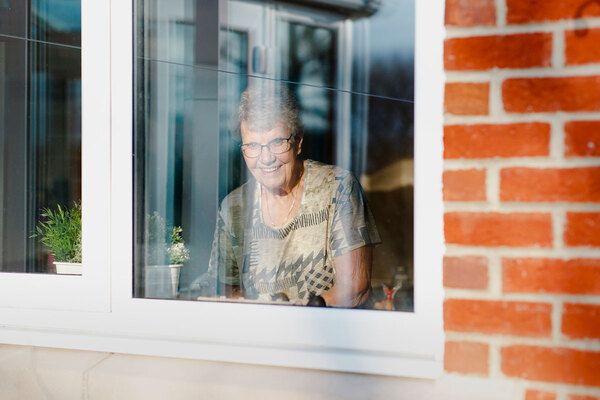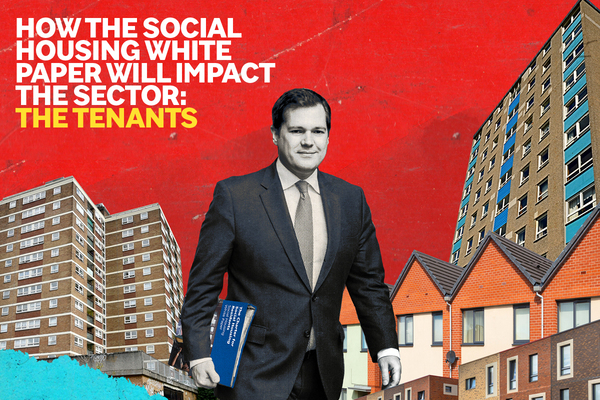You are viewing 1 of your 1 free articles

A tenant’s perspective on how to make the white paper work
The government’s plans for consumer regulation will work only if issues around supply and stigma are also addressed, argues Carol Mawers, a tenant board member at ForHousing
Like tenants across the country, I’d been eagerly awaiting the release of the Social Housing White Paper. And like many I’ve spoken to, when it did finally arrive I felt it offered a step in the right direction without going far enough.
Housing supply
A return to consumer regulation and the publication of tenant satisfaction and performance measurements is supposed to give us more transparency on how our landlord is doing.
“We could end up with tenants being able to see that their landlord is under-performing but not being able to do much about it. It’s the perception of choice, but not the reality”
If it is performing well – which is the case where I’m a tenant – then great. If it is performing poorly, you can choose to move home.
That seems to make sense. Except, for lots of tenants that’s not going to be the reality. There are thousands on housing waiting lists and tenants simply cannot move.
We could end up with tenants being able to see that their landlord is under-performing but not being able to do much about it. It’s the perception of choice, but not the reality.
My experience of being a tenant board member over the past eight years is that landlords are genuinely committed to giving tenants a meaningful voice in how services are run.
“More needs to be done to address the stigmatisation of social housing tenants – in fact there’s only a small mention of this in the paper”
To give people more choice will mean finding a way to build the 300,000 homes a year that are being called for.
Tenant engagement
We’ve been on a journey at ForHousing. We’ve recently received an accreditation from Tpas for our approach to tenant engagement, so we must be doing something right.
My experience has been that effective tenant engagement starts with tenants themselves working together.
In the past I’ve worked with different groups of tenants asking for all sorts of different things from their landlord and pulling them in different directions. That’s what can create a ‘them and us’ mentality.
The biggest change for us was when tenant groups started working together and speaking with one voice. The relationship with the landlord becomes much easier, staff can be invited into the conversation, and action on the very local level that some groups have focused on can be delivered in the context of a much bigger ask.
I feel lucky to be a tenant of ForHousing. The association genuinely welcomes complaints as a form of feedback which can be used to make improvements, and there is a ‘golden thread’ that runs between communities and the board.
We need to make sure that landlords are free to embrace complaints and learn from them. That’s how things get better.
Stigma
Finally, more needs to be done to address the stigmatisation of social housing tenants – in fact there’s only a small mention of this in the paper.
Lots of this stigma actually comes from the government and the media, and it is hugely unfair as social housing tenants often benefit far more than those renting privately, with access to support teams, a repairs service and much more.
I know not everyone living in social housing feels this way, and my hope is that the white paper will help other housing associations level up and ensure that they enable tenants to live the best life possible.
Carol Mawers, tenant board member, ForHousing
Sign up for our daily newsletter
Already have an account? Click here to manage your newsletters














